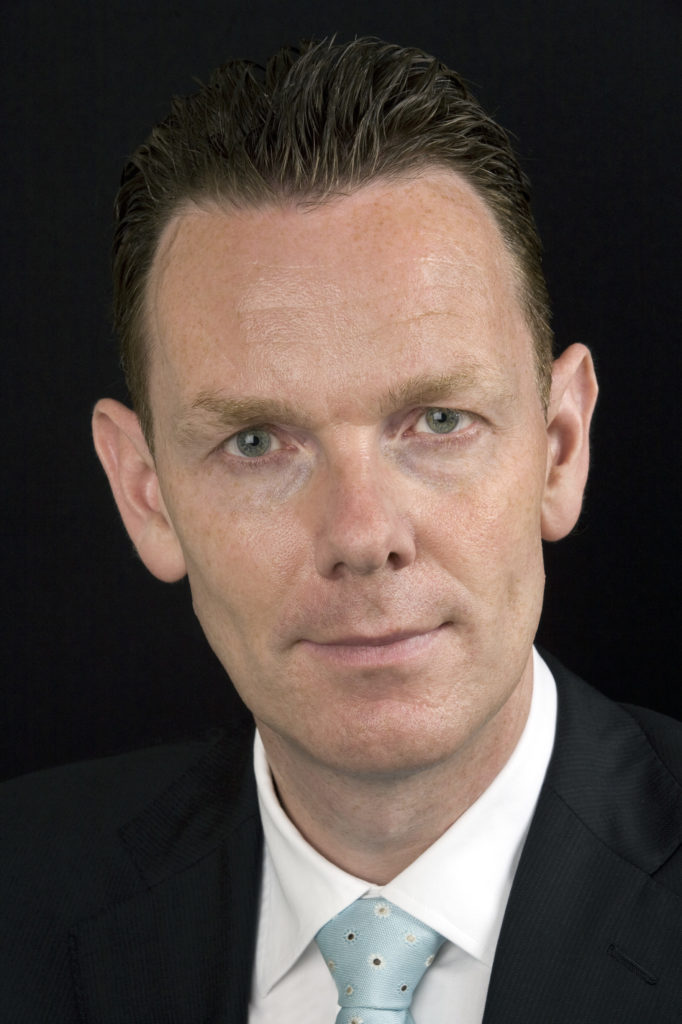Professor Harald Benink: ‘Purchasing power will remain under pressure for the time being’
Not often has a speech by Russian President Putin been so eagerly awaited in the free West. But May 9, 2022, the celebration of the Soviet victory over Nazi Germany, was then also marked by Russia’s ‘war’ with neighboring Ukraine. What direction does the war take and what does it mean for the global economy? Professor of Banking and Finance, Harald Benink, warns of ‘economic escalation.’

The effects of the war between Russia and Ukraine on energy and food prices are being felt around the world. Gas and oil prices were already rising but have exploded due to the conflict and Western sanctions. As a result, food prices rose along with them also because entire harvests are in danger of failing or cannot be exported by the ‘granary of Europe’.
Economic escalation
In the speech last May 9, Putin kept a low profile about Russia’s strategy for the near future. Some analysts are hopeful that a long-term ceasefire is in the offing. “And that would have a direct impact on inflation in the Netherlands and the rest of the eurozone,” analyzes Benink, who warns in the same breath against further economic escalation: “Again, it is good that sanctions have been imposed and that the Ukrainian military is being supported. But pushing the sanctions even further could also start to be counterproductive.”
For there is still the threat of a military escalation. As for economic escalation, a further tightening of sanctions and a total boycott of Russian fossil fuels could also cause major problems in Europe. It remains to be seen whether a total boycott of Russian oil and gas would be able to get the Russians to change their behavior in the short term. In any case, European industry would suffer badly from increasing scarcity and further increases in oil and gas prices.
Doomsday scenario
Then the danger arises of a large-scale economic contraction that could plunge Europe into a prolonged recession. “A doomsday scenario is that the war keeps inflation high and the economy shrinking at the same time,” Benink warns.

“That’s what we saw in the 1970s, a phenomenon we call stagflation, where high prices and economic stagnation simultaneously permanently erode the purchasing power of large groups of people. And that’s a situation you don’t get out of easily either.”
According to Benink, the West should strive for a situation where sanctions, while maintained at the current high level, should not escalate further. “It would be best, economically speaking, if the situation in Ukraine were at least to stabilize and a long-term ceasefire is in place. Then you get a so-called ‘frozen conflict.’ ‘Keeping a cool head and maximum pressure on Russia without moving to maximum escalation,’ is what the new Chancellor Olaf Scholz suggested in an interview in weekly Der Spiegel, and that is also what analysts like Rob de Wijk of the The Hague-based Centre for Strategic Studies and former Defense Minister Joris Voorhoeve advocate.”
Unaffordable
Because if the conflict in Ukraine continues, inflation could rise even further in the near future, especially if the battle continues to spiral out of control militarily. And these continued price increases are bound to generate political and social tensions in Europe itself in the long run. At today’s high energy and food prices, more and more households simply cannot afford their groceries or their gas bills.
The most favorable scenario for the moment is that the conflict is stabilized and that energy prices start to fall to an acceptable level. “But even in that case you will continue to have a problem because the new price level will probably still be higher than before the crisis while wages have lagged behind the price increases.”
It will, therefore, be difficult to get the purchasing power of Dutch households back to the level it was at the start of 2021. And not as a matter of course, thinks Benink: “The government does not have much room for maneuver. Reducing taxes will not happen quickly because, of course, it has already incurred huge expenses as a result of the coronavirus crisis, and there are also significant setbacks at the moment. Another remedy could be to raise wages. But then the burden of this crisis will fall on the corporate sector.
And it remains to be seen whether the unions and employers will be able to come to an agreement. There is also the danger of a wage-price spiral,” warns Benink. “If, as a result of wage increases, prices also go up again, employees will once again have to make wage demands and we’ll see an escalation similar to that in the 1970s. That eventually led to an economic crisis that lasted for years.”
Translated by Language Center, Riet Bettonviel






